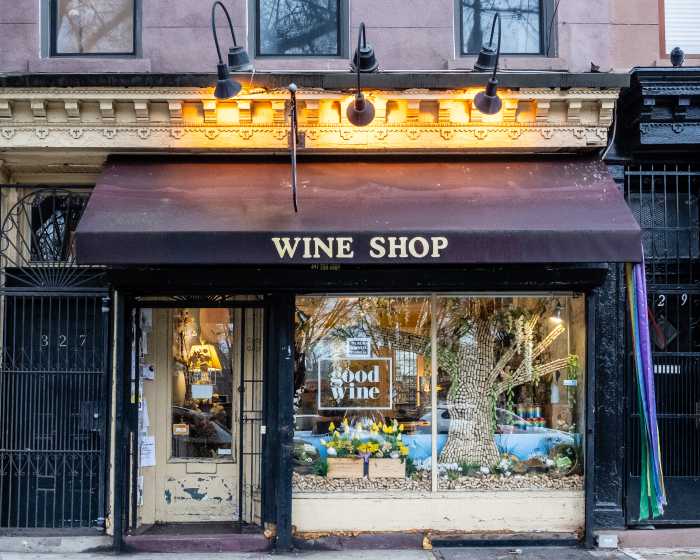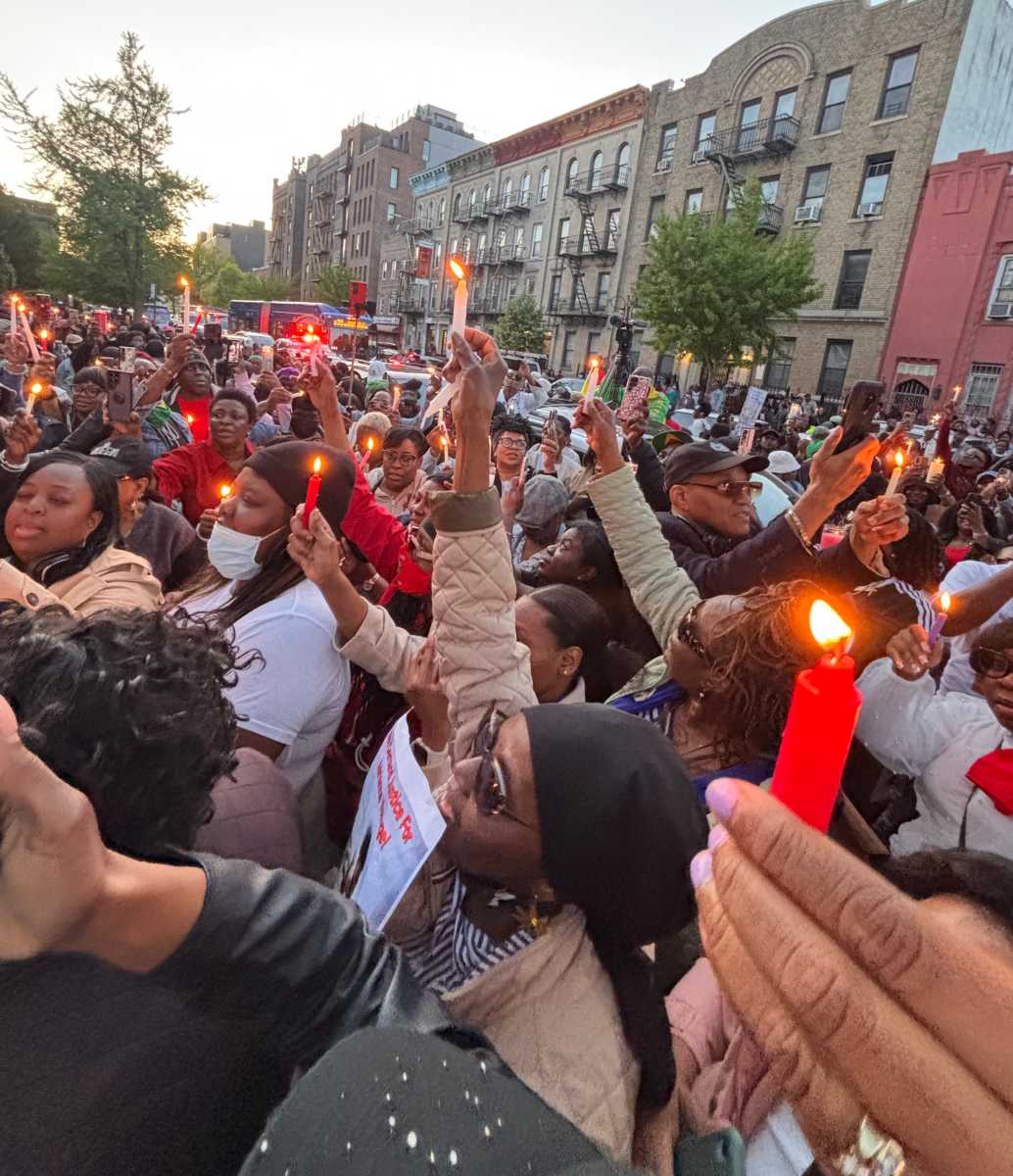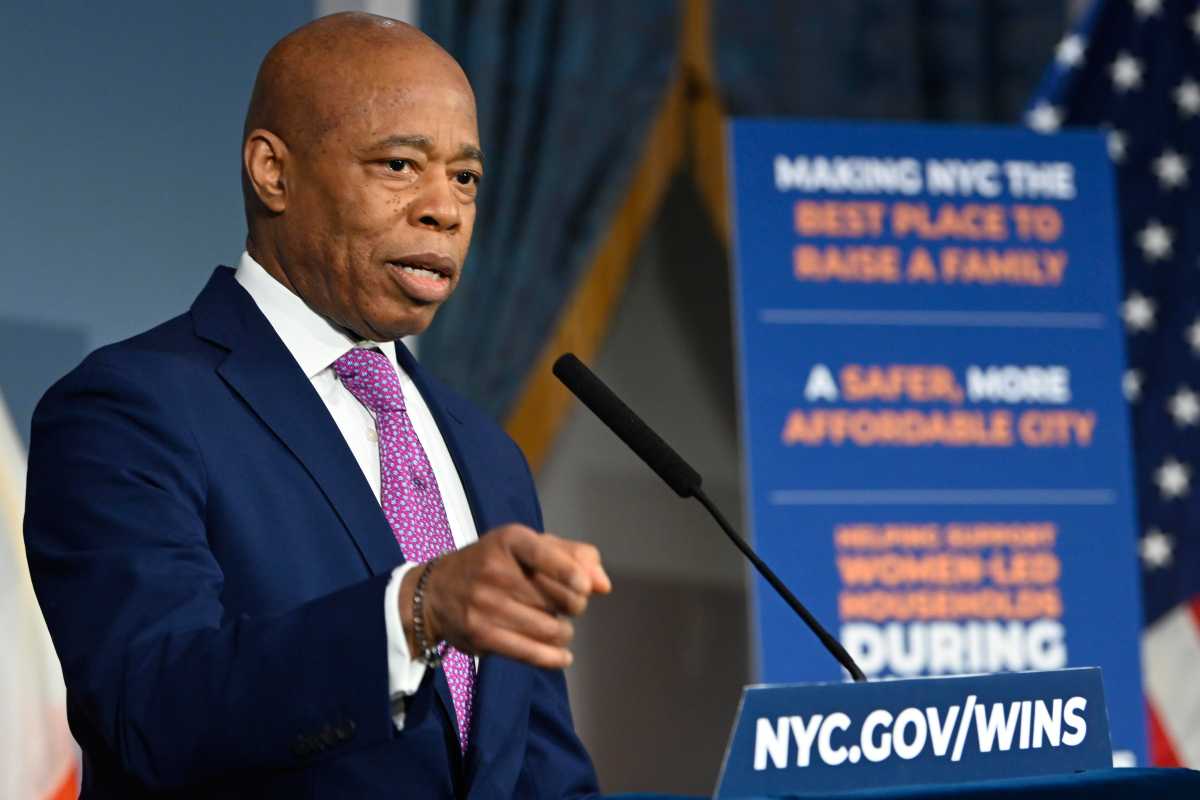As New York City’s small businesses face mounting economic challenges tied to President Trump’s federal tariffs and trade policies, City Council Member and New York City comptroller candidate Justin Brannan on Tuesday unveiled a comprehensive five-pillar small business plan that would leverage the power of the Comptroller’s Office to ensure small businesses have the support and tools needed to survive and thrive in the current climate.
Confronted with rising prices fueled by President Trump’s tariffs on imported goods — on top of inflation and soaring rents — small businesses, which employ nearly half of New York City’s workforce, are facing a level of uncertainty not seen since the COVID-19 pandemic. For immigrant-owned businesses, particularly in hard-hit areas like Chinatown, the stakes are existential.
Drawing on his experience as a former small business owner and the spouse of a current one, Brannan said city government must become a proactive partner in the survival and growth of these vital community anchors.
“In the face of uncertainty and the unpredictability of Trump’s tariffs, our small businesses are again left feeling like they have to fend for themselves,” Brannan said. “As a former small business owner and the husband of a current small business owner, I know the struggle all too well. I will leverage the power of the Comptroller’s Office to ensure our city’s small businesses have the tools they need, not just to survive this moment but to thrive with the full support of city government.”
If elected comptroller, Brannan said he would work to expand access to capital, streamline city contracting, reduce regulatory burdens and red tape, provide tax relief for new small businesses and establish a community-based business support system.

His proposed initiatives include creating a Small Business Investment Fund in partnership with local banks and credit unions to offer low-interest loans and grants, particularly in underserved communities. Brannan also called for mandating that 1% of city pension fund investments be directed toward Minority- and Women-Owned Business Enterprises, or MWBEs.
A key part of the plan would streamline city contracting. Contracts awarded to MWBEs remain below 10%, despite the city’s stated goal of 30%. Brannan’s proposal would aim to meet that target by holding agencies accountable and developing a real-time, transparent online platform to track MWBE participation. It would also implement a fast-track payment system requiring city agencies to pay small business vendors within 30 days, rather than the current 90-day standard.
“I think by implementing stronger oversight and creating a real-time online tracking program, we can at least have some insight into how many of these MWBEs are actually successful in winning these contracts,” Brannan told Brooklyn Paper. “It’s a huge issue right now because we’re undermining our own goals.”
Another component of the plan is a multilingual “one-stop shop” — including a dedicated hotline and online portal — to help businesses navigate city regulations and access resources for licensing, permits and tax issues. Brannan also proposes a “First-Time Forgiveness” policy for non-critical violations and the creation of a Permanent Regulatory Review Committee.
The fourth pillar calls for eliminating business taxes for new small businesses during their first three years and launching a New Business Grant Program to provide $5,000 to $10,000 in seed funding for businesses in underserved communities.
The plan’s fifth pillar aims to strengthen community support by establishing a Small Business Community Ownership Fund, which would help businesses acquire stakes in their commercial properties. It also calls for expanding small business incubators that offer affordable space and mentorship.

Brannan, who is facing Manhattan Borough President Mark Levine and state Sen. Kevin Parker in the June 24 Democratic primary for comptroller, emphasized that the city’s financial watchdog must be a proactive partner in helping small businesses grow and survive.
“When small businesses struggle, neighborhoods suffer. And when entire communities shutter, it’s not just storefronts we lose — it’s jobs, community, and city revenue,” Brannan said. “That’s to say nothing of the Wall Street stumbles, which provide the revenue we rely on to pay teachers, fund public safety, and deliver basic services. That’s why this plan matters, and I will fight every day to make sure New Yorkers are protected from threats from the federal government.”
Brannan currently serves as the New York City Council member for District 47, encompassing Bay Ridge, Coney Island, Sea Gate, and parts of Dyker Heights, Bath Beach and Gravesend.






















